WAX POETICS : ISSUE - #61
Sold Out
Product details
ISSUE IS FREE WITH ALL ORDERS OVER $100
(WILL AUTOMATICALLY BE ADDED TO THE ORDER)
Wax Poetics Issue 61 cover one features James Brown on the front and Curtis Mayfield on the back. Cover two features Bishop Nehru on the front and Ghostface Killah on the back.
Contents:
Fred Wesley on James Brown’s classic The Payback
Curtis Mayfield and the Impressions
Bishop Nehru
Ghostface Killah
Rick Stevens of Tower of Power
TV on the Radio
Joi
Tuxedo
Electric Wire Hustle
Soulection
Young Fathers
Islam and Hip-hop
Morrie Turner
Emory Douglas
Fred Wesley did his second stint with the James Brown Band during the Godfather of Soul’s rebirth in the 1970s, his golden period with Polydor Records. As Brown’s musical director, bandleader, and arranger, Wesley also got songwriting credits, a rare feat for an artist in the JB family—and a gesture that has kept him paid to this day. Here, Wesley reminisces about their seminal and best-selling record, The Payback, which can be seen as a hard and cold metaphor for social justice.
The Impressions were up and down on the charts for a decade, depending on the creative inspiration of its songwriter and lead vocalist Curtis Mayfield. After the success of 1963’s “It’s All Right,” Mayfield would write a string of socially conscious songs that helped spark the Civil Rights Movement, including “Keep On Pushing,” and “People Get Ready.” The final three increasingly sociopolitical chart-toppers he wrote for the group—“We’re a Winner,” “This Is My Country,” and “Choice of Colors”—would lean more towards Black Power, alienating some fans and radio stations, but would set the tone for his incredibly important solo work to come.
After releasing his first mixtape, 2012’s Nehruvia, at only sixteen, New York phenom Bishop Nehru arrived as a fresh voice laced with erudite wordplay and a penchant for classic beats. With his EP strictlyFLOWz the following year, he grabbed the attention of MF DOOM, resulting in their recent collaboration, 2014’s NehruvianDOOM. As he prepares his solo album, with Nas on board as executive producer, the old-soul poet is poised to help bring the art form back to New York.
In an arena where MCs seldom have extended careers, Wu-Tang’s Ghostface Killah has increasingly improved through two decades after his 1996 solo debut, Ironman. His use of cryptic slang and his gift for spinning complex tales leaves an unmatched legacy—one that’s still growing.
Similar items
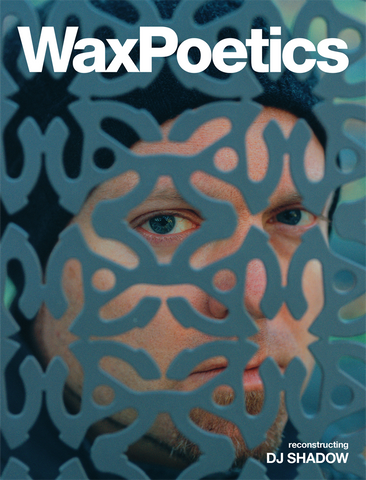
WAX POETICS : ISSUE - #66
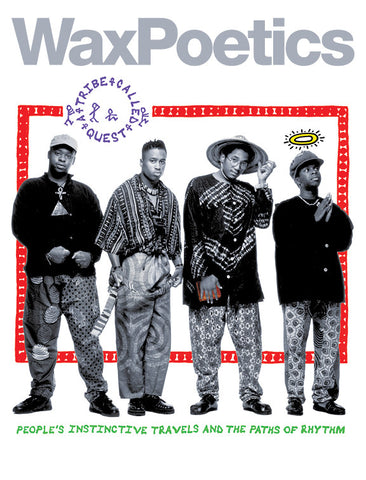
WAX POETICS : ISSUE - #65

WAX POETICS : ISSUE - #64
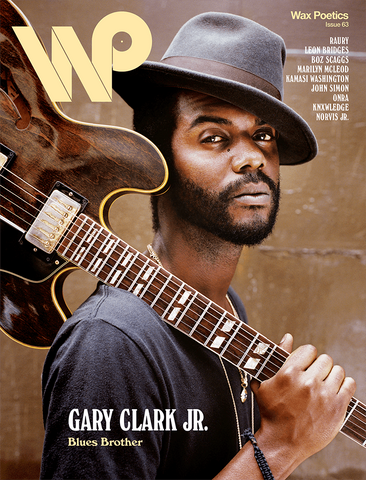
WAX POETICS : ISSUE - #63
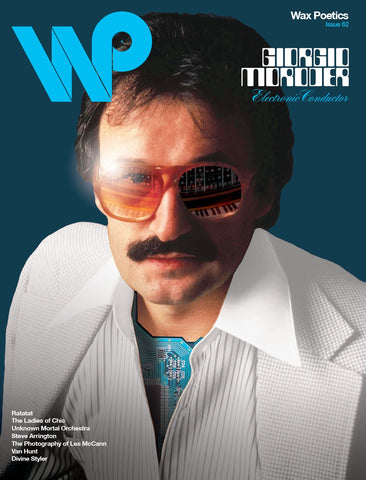
WAX POETICS : ISSUE - #62
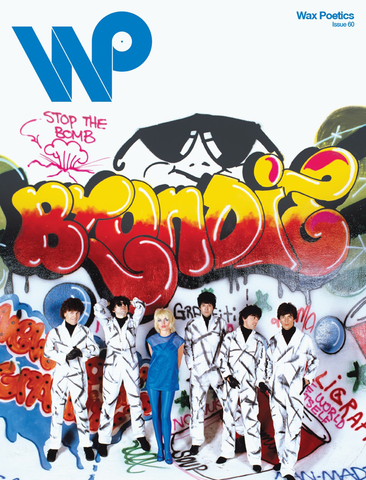

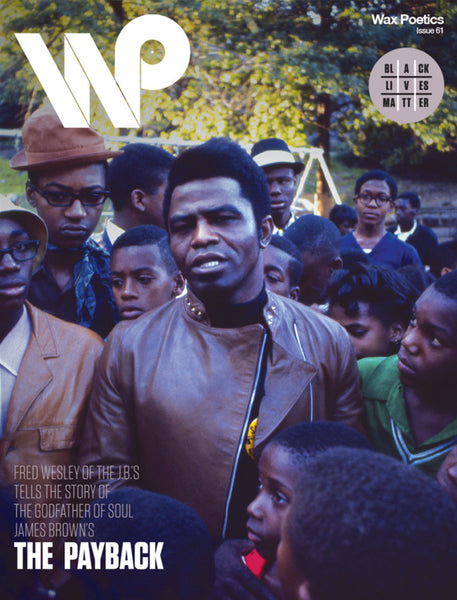
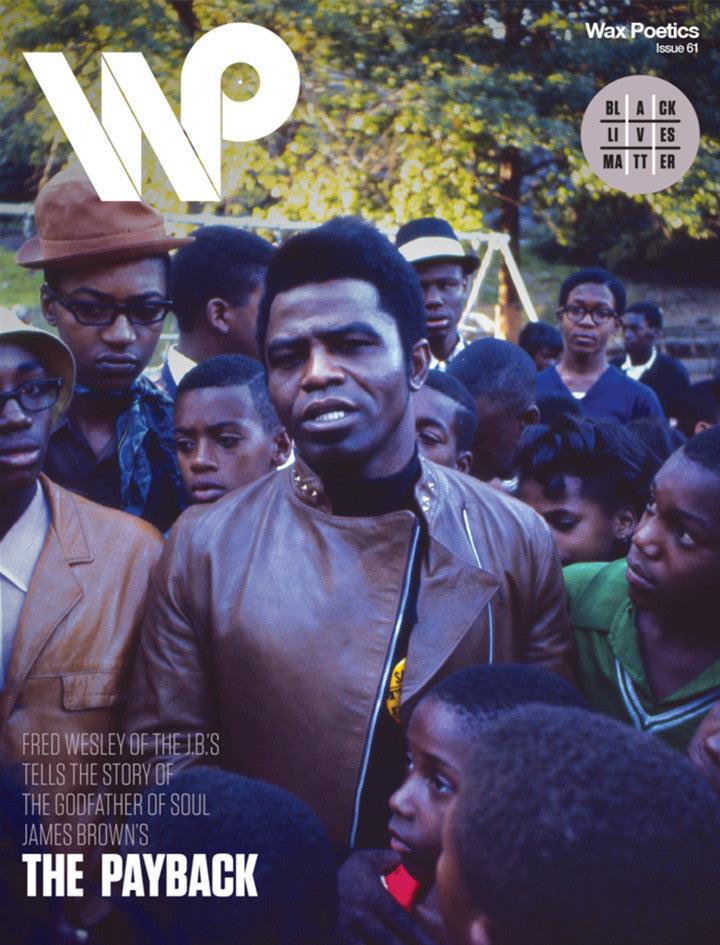
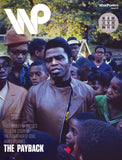
Connect